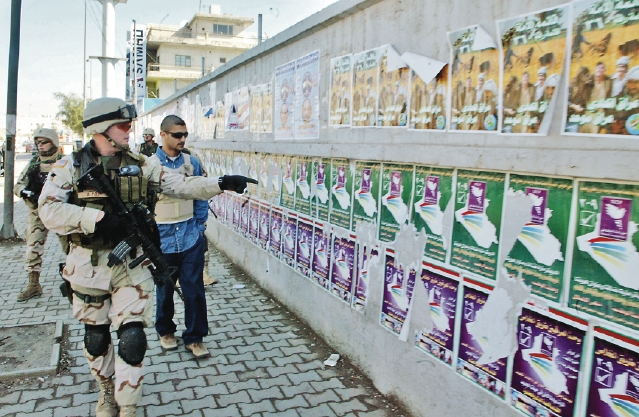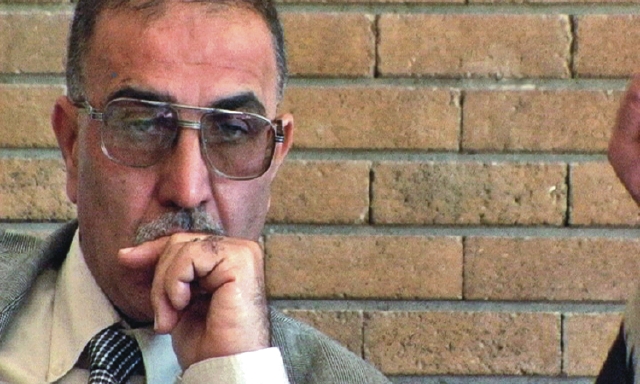My Country My Country
Telling New Documentary About Iraqi Elections Gets Our Vote


“ Sigh . ... I should have tried out for ‘American Idol’ instead.”
Latest Article|September 3, 2020|Free
::Making Grown Men Cry Since 1992


“ Sigh . ... I should have tried out for ‘American Idol’ instead.”